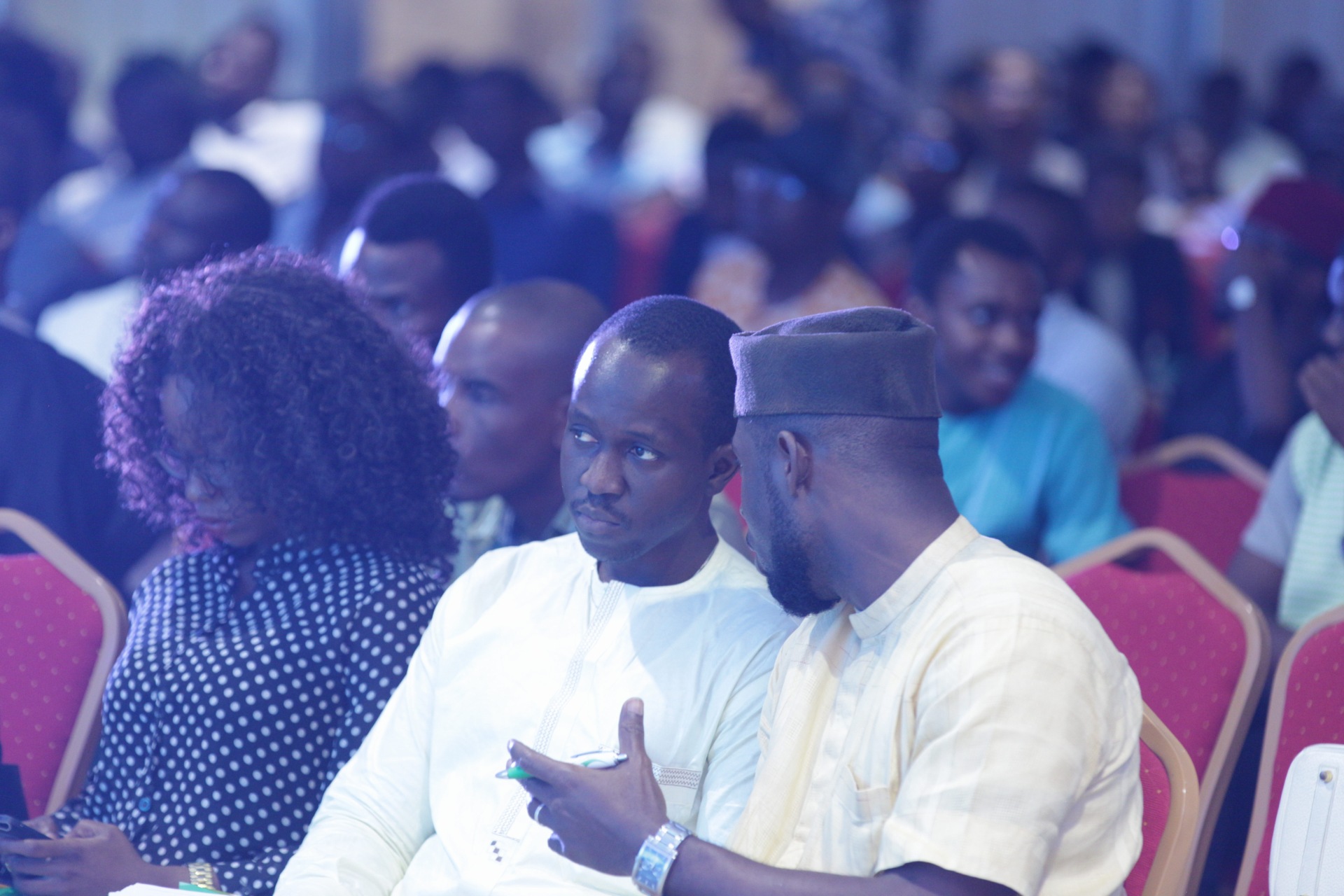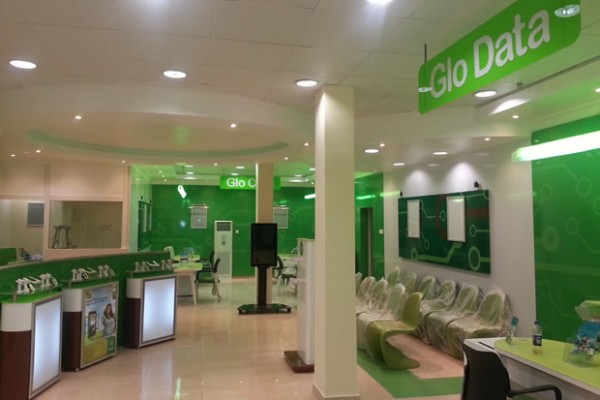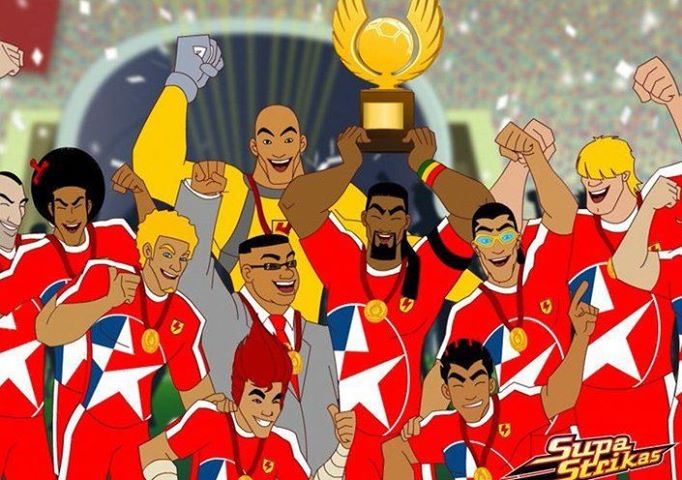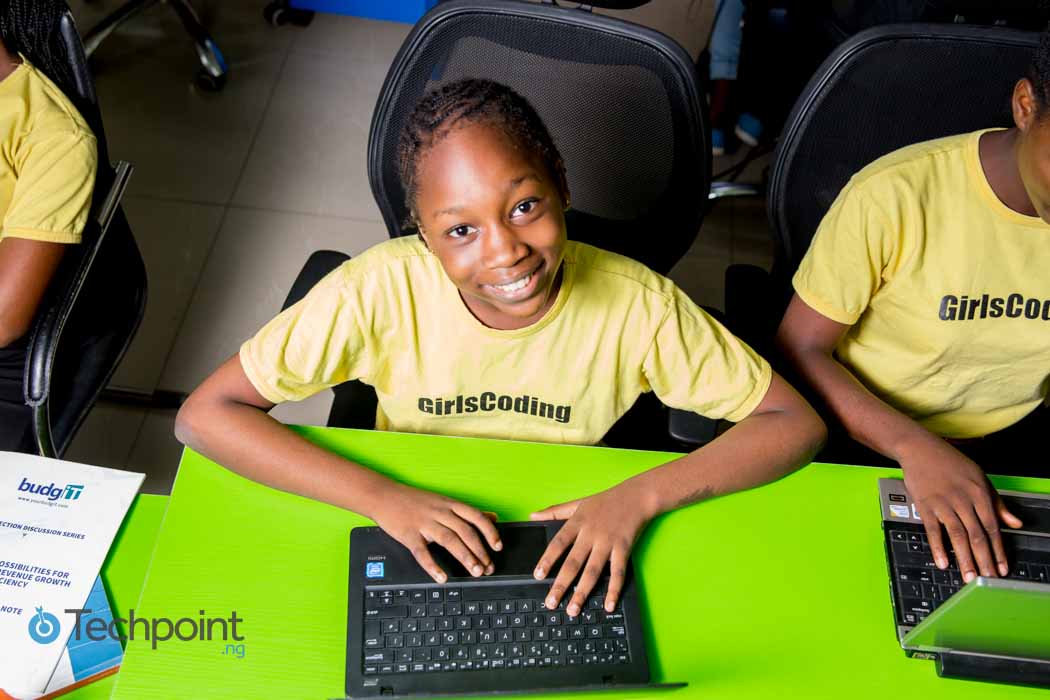This is actually a rant that developed from reading this article on why a German Rocket Internet copy-cat startup of Instacart’s business model failed in Germany. You need to first read the article to get the vibe of my rant below.
The reasons listed in this article, along with a handful of many others localised to Nigeria, are the same reasons why anyone trying to do groceries/FMCGs using Instacart/Google Express model in Nigeria is doomed — at least for now. A handful of other factors local to Nigeria that play out from what I have seen with the guys running this model in Nigeria are as follows:
You have limited options
Modern supermarket retailing in developed markets typically is 80% market share whereas it is 2.7% here in Nigeria, so you have very limited options in supermarkets you can really partner with, hence the very shitty terms the guys that have ran this model and closed shop (or are presently running this model) in Nigeria get from the only serious brick-mortar supermarket willing to test the waters in this regard. The other serious brick guys don’t even care about the ecommerce channel: they are presently running a brick-mortar expansion race to capture that 97% heavily fragmented chunk of white space in modern supermarket retailing in Nigeria. (Can’t blame them: that’s all they CAN see, same way an hammer only sees nails in everything. It’s the ONLY thing they have done and know how to do — build bricks. Myopic, though. Read this: qz.com/462605).
The personal shopper resistance
You won’t even find ANYONE willing to use own vehicle for FMCG deliveries here in Nigeria. That is a totally, hopelessly senseless economic proposition for anyone that is able to afford car ownership in these climes; ignore the social stigmatisation associated with using own car for FMCG deliveries as a personal shopper in Nigeria. “On top N800?! Abi, I dey craze?!” as we would say here.
3-hour delivery is pure madness
So you would have to do your same/next day deliveries (3-hour delivery is PURE madness however unscalable) using your own in-sourced delivery infrastructure because outsourced 3PLs will do same at 2/3times cost of what you would do deliveries for if internally in-sourced. Worse, the in-sourced delivery costs still ends up being higher than the ONLY real source of revenue you ?have — delivery fees.
DVDs anyone?
2 or 3-hour delivery windows are, as I said before, PURE madness! There is the concept in eCommerce called Delivery Value Density — or DVD as we call it. Running operational models that have the tendency to cut down on your DVD is like, especially for a vertical with naturally low DVDs, ignoring that adage that says if you find yourself in a hole, the first smart thing to do is to stop digging. What your operational tactics should ALL optimise for is boosting your DVD!
Nigerians are not willing to pay
Back to delivery fees: Nigerians don’t really like paying this (which is OK with Gloo.ng 🙂 ) because the AA twins have given the market the default expectation that this should ordinarily be done free of charge.
The target market ignorance
So you are faced with marketing a product/service with hefty delivery fees to a target market that largely don’t think there is any real problem/anything broken with the open-market and limited/choked modern supermarket alternatives they typically have used till you showed up. So what do you get? A serious user onboarding problem that makes it difficult for the service to “cross the chasm” (or as we say, No PMF).
Discounts you can't afford
To force your way through to PMF-territory, you offer N1,000/heavy discounts (for which you have next-to-ZERO gross margins with which to absorb such) to users to get them to try the service for the first time. Where are you gonna make this back from? Who are you gonna transfer this cost to? Your supermarket partner?

Be the smartest in the room
Give it a try, you can unsubscribe anytime. Privacy Policy.
You can't compete
Complication: you have had to spend some hard dollars doing advertisements on DSTV, Trace TV (a horrible choice, BTW), display ads, etc to bring even this traffic/visits to your site, in order to get a little bit above the noise of the AA twins, who are prosecuting a M.A.D. war of attrition in eCommerce marketing in Nigeria. (M.A.D. = mutually assured destruction. Choosing the AA twins’ high CAC approaches to customer acquisition is an unforced error, though.)
Cash on Delivery
Worst, you offer no cash on delivery (CoD) in a market where the AA twins record about 80% of their deliveries as CoD. Even worse, you offer no return policy once delivery has been been completed to customers. (Understood, you are extending the same sales terms your brick-mortar partners offer their walk-in customers — which is what they have extended to you too. And so you are unwilling to take that risk of being stuck with returned goods and/or high shrinkage costs, as the case may be). But this ecommerce! Returns are a CORE part of it.
Horrible communication with partners
To make above worse, 100% of the products on your site are free-floating without a connection to the inventory systems of your supermarket partner. So no guaranty that what customers order online is what they will get at the point of delivery. You mitigate this by the many phone-calls back and forth between your personal shoppers (from supermarket partner’s shop-floor) and customers to offer alternatives for out-of-stock products they had earlier ordered. Poor customer, he/she ordered online to avoid stress and save time: this user experience is not turning out to look like that.
Summary
You see customers try the Google Express/Instacart service model being offered here in Nigeria and mostly don’t return for repeat purchases because of the consequent shitty experience, resulting in high customer churn and attrition rates. Break-even will never happen if you plot all the 10 points above (plus the ones in the article) on a graph. It just gets worse and worse with time. (Or as we say, horrible unit economics.)
Rocket Internet is comfortable with running shitty copy-paste Silicon Valley business models but never for a long time: they have very clear benchmarked metrics that give them early signals that a particular Silicon Valley model is TOTALLY shitty when extrapolated to emerging markets such as Nigeria. But as for you as a local entrepreneur in Nigeria? A bootstrapped operation? You are f.*.*.k.*.d — big time!
This article originally appeared on D.O's Medium




















